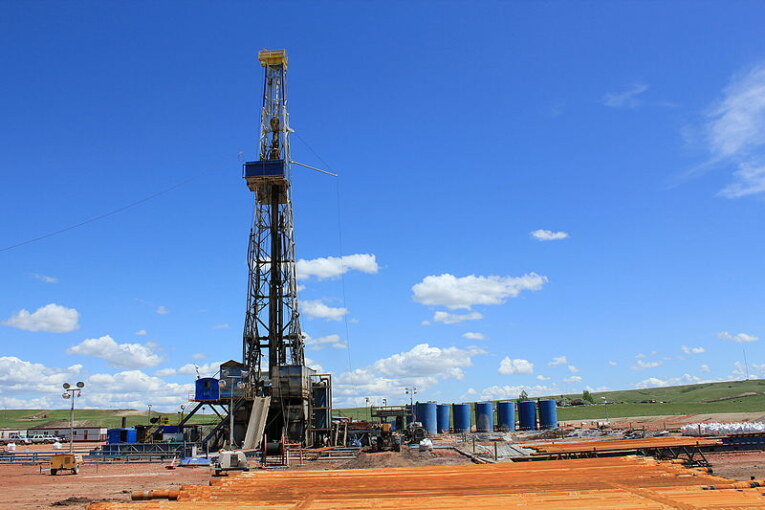
U.S. energy firms this week cut the number of oil and natural gas rigs operating for a sixth week in a row for the first time since July 2020, energy services firm Baker Hughes Co said in its closely followed report on Friday.
The oil and gas rig count, an early indicator of future output, fell by one to 695 in the week to June 9, the lowest since April 2022.
U.S. oil rigs rose one to 556 this week, while gas rigs fell two to 135, their lowest since March 2022.
Data provider Enverus, which publishes its own rig count data, said drillers cut nine rigs in the week to June 7, dropping the overall count to 750. That put the count down about 33 rigs in the last month and down 9% year-over-year.
Oil output has been capped by higher labor and materials costs that have squeezed profit margins and investor demands to limit spending, Executive Vice President Beth McDonald at Pioneer Natural Resources, the third-largest producer in the Permian, the top U.S. shale basin, said on Thursday.
“That squeeze in the margin is really keeping U.S. E&Ps (exploration and production companies) from moving forward in a significant way” despite the OPEC moves, McDonald said.
In spite of production cuts by the Organization of Petroleum Exporting Countries, Saudi Arabia and Russia, U.S. oil futures were down about 12% so far this year after gaining about 7% in 2022.
U.S. gas futures, meanwhile, have plunged about 49% so far this year after rising about 20% last year.
“The recent sharp drop in the rig count is consistent with our expectation that producers will continue to respond to low gas prices by cutting investment,” analysts at Goldman Sachs, a bank, said in a note this week.
Despite some plans to lower rig counts, U.S. crude production was still on track to rise from 11.9 million barrels per day (bpd) in 2022 to 12.6 million bpd in 2023 and 12.8 million bpd in 2024, according to projections from the U.S. Energy Information Administration (EIA) in June. That compares with a record 12.3 million bpd in 2019.
U.S. gas production, meanwhile, was on track to rise from a record 98.13 billion cubic feet per day (bcfd) in 2022 to 102.74 bcfd in 2023 and 103.04 bcfd in 2024, according to EIA’s projection.
(Reporting by Scott DiSavino Editing by Marguerita Choy)
You can read more of the news on source



